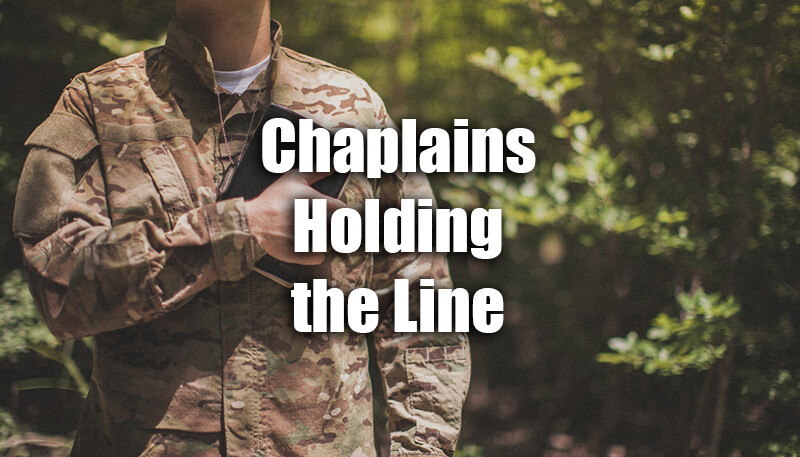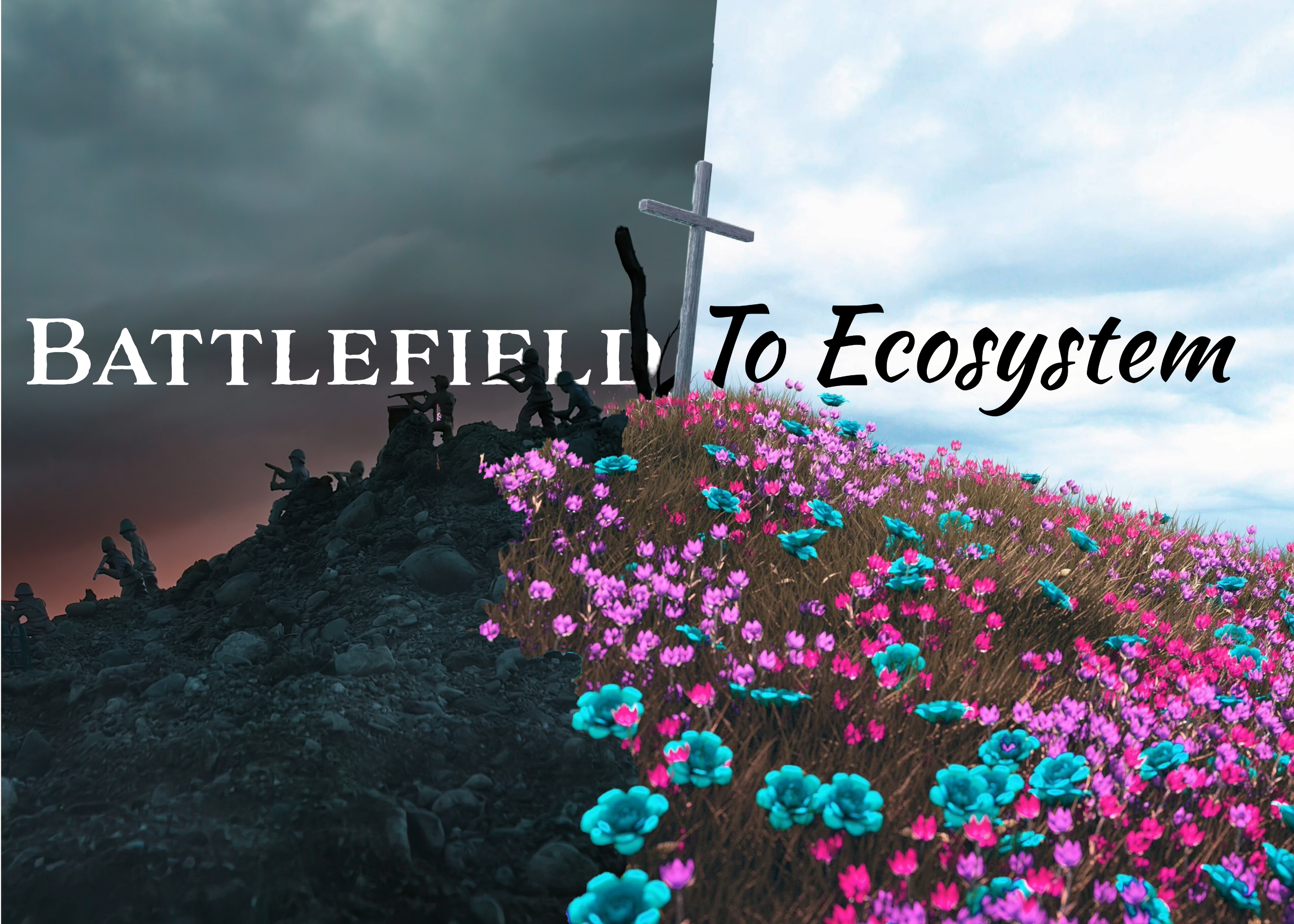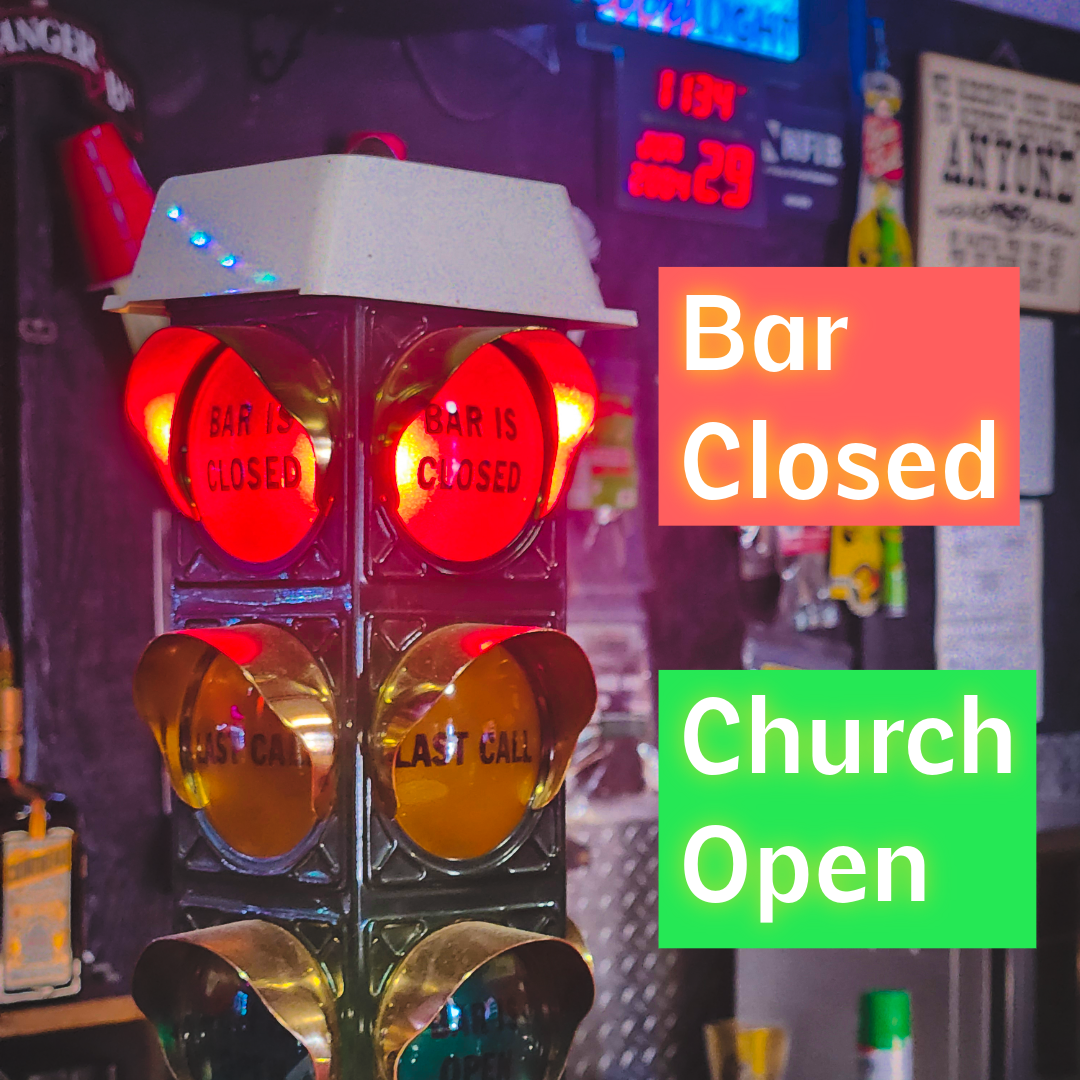
Since early February of 2022 headlines have been pouring out of Ukraine. Intelligence reports from the west were blaring the alarm of an impending Russian invasion in the East. Another land war in Europe probably felt unthinkable to many. Then came the plunge, a blitzkrieg race to Kyiv by the Russian military, back when all hope seemed lost for the beleaguered Eastern European country. Then the surprising turn around and the Russian route. And like that, the lightning war turned into a trench war entirely reminiscent of the World War 1 and all of its horrors. It wasn’t long before the reality of war was exacerbated by economic concerns settling in at home and around the world. Now, if you tune into the news about the war, you’ll hear retired generals speculating about what happens next, or you might catch dire reports of the affected populations. Reports like little boys in eastern Ukraine holding pretend rifles, giving both cute and grim security checks at the entrance of their own villages. Or aged Ukrainian mothers staring through the holes in their homes' walls and roofs, weeping because they have no place to go, and no one left to go with. Most likely you’ve stopped tuning in, only briefly checking the headlines as they scroll by.
As battle lines are drawn and redrawn over a crater marked landscape, other lines are being drawn beneath the surface of the conflict. Lines between human and inhuman, between heaven and hell. On one side of the line, we have the now infamous quote by Russian Orthodox Patriarch of Moscow, Kirill,
“Remember that if you die for your country, you will be with God in His kingdom, in glory and with eternal life.”[1]
And if that were not explicit enough, Patriarch Kirill makes the logical connection for us.
“[The solider] sacrifices himself for others. And so we believe that this sacrifice washes away all the sins that a person has committed.”[2]
Typically, heresy is couched in more subtle language but the bald-facedness of it, while a little refreshing, is nonetheless appalling. As a strong supporter of Russian President Vladimir Putin, it shouldn’t surprise us that Kirill would use (and abuse) Christianity to motivate apparently undermotivated Russian men to join the war effort. Here in the United States many have lamented the lack of influence Christianity seems to have on the culture at large, and here we find an example of how easily Christianity can be tempted into giving over itself, and its principles, to the whims of the state. Often, we forget that influence works both ways.
On the other side of the line something entirely different is happening. The line being drawn here was started back in late November of 2021, when a law concerning Military Chaplaincy was adopted in Ukraine.[3] Up until that point, Chaplains in Ukraine were not officially part of the military, and so any Chaplain operating with the military was doing so in an ad hoc, unofficial role, meaning there was no standard and no set expectations. Likewise, Ukrainian Chaplains mentioned that the military had no obligation to help a Chaplain that might be wounded in the field.
A European, post-soviet country, where religion was both illegal and a cultural afterthought, is the last place one might expect see Christianity blossoming anew. How fortuitous then that before the present crises, Chaplains were officiated into the Ukrainian armed services? Do we not see clear evidence of God’s activity in this?
It shouldn’t surprise us then that Ukraine’s Military Chaplains are responsible for drawing the line that their men dare not cross. It has become the role of the Ukrainian military Chaplain to defend the humanity of the soldier. The Ukrainian forces recognize that while the lives of their loved ones and their country hang on the balance of victory and defeat, their very humanity depends on whether they cross that line. In the midst of such existential uncertainty Jesuit Father Andriy Zelinskyy says that “The words of the military Chaplain in that situation sound like the words of Christ”.[4]
The Ukrainian military forces are keenly aware of what crossing the line into inhumanity means because they live and experience it every day. They feel the temptation in their soul, and they witness it with their eyes. Scenes from decimated towns like Bucha, mass graves overfull of torture and murder victims in places like Izyum, and indiscriminate bombings of civilians and hospitals are clear reminders of what humanity, or perhaps, inhumanity, is capable of. There is a deep desire to return horrible deed for horrible deed, and to do so 10x over. An Ukrainian military instructor, interviewed by the Catholic News Service reflected that “There is such a small difference between a normal soldier and those who create such madness by killing civilians… It is this small difference that the Chaplain helps us maintain. There is a limit that cannot be crossed.”[5]
[1] Christian Network Europe. Dying for your country brings you to heaven, says Russian Patriarch. 9 27, 2022. https://cne.news/artikel/1756-dying-for-your-country-brings-you-to-heaven-says-russian-patriarch (accessed 10 19, 2022).
[2] Die Tagespost. Cyril sees Invaders as Martyrs. 9 26, 2022. https://www.die-tagespost.de/politik/kyrill-sieht-invasoren-als-maertyrer-art-232520 (accessed 10 19, 2022).
[3] Religious Information Service of Ukraine. Law on military chaplains is published in "Voice of Ukraine". 12 21, 2021. https://risu.ua/en/law-on-military-chaplains-is-published-in-voice-of-ukraine_n124491 (accessed 10 20, 2022).
[4] Chaplains Offer God's Love in Ukraine. Directed by Vasyl Voznyak. Produced by Vasyl Voznyak. Performed by Catholic News Service. 2022.
[5] The spiritual and the human: Chaplains help Ukrainian soldier with both. June 16, 2022. https://www.osvnews.com/2022/06/16/the-spiritual-and-the-human-chaplains-help-ukrainian-soldiers-with-both/ (accessed October 20, 2022).
CGGC eNews—Vol. 16, No. 42





Login To Leave Comment